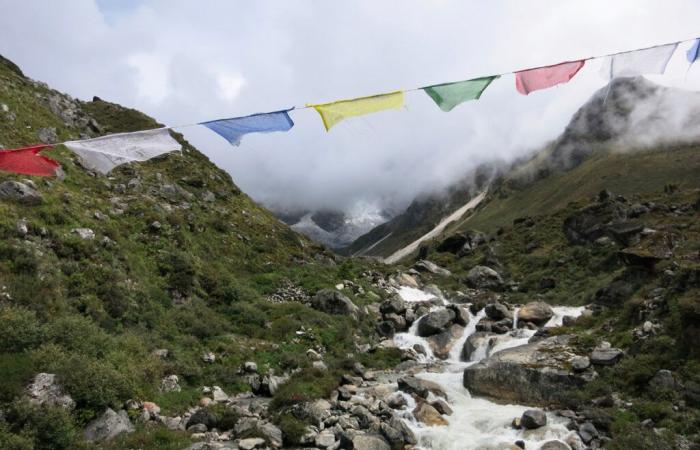This project – mentioned in December by the official Chinese agency Xinhua as a way for Beijing to reduce its carbon footprint while promoting the economic development of Tibet – would eclipse the monumental Three Gorges Dam in central China.
China was “requested to ensure that the interests of the states located downstream of the Brahmaputra”, i.e. India and Bangladesh, “are not harmed as a result of upstream activities”, it said. declared the spokesperson for the Indian Foreign Minister, Randhir Jaiswal.
New Delhi will be attentive to this matter and “will take the necessary measures to protect (its) interests,” Mr. Jaiswal assured journalists.
India has “consistently” expressed “its views and concerns” regarding “mega-projects on waterways” in Chinese territory, the spokesperson said, emphasizing the “need for transparency and consultation with downstream states.
Through its Ministry of Foreign Affairs, China assured in December that the Tibetan dam project, which aims to “accelerate the development of clean energy and fight against climate change”, would have “no negative effects downstream”.
In the past, environmental defenders have also warned of the potentially irreversible consequences of projects of this type on the fragile ecosystems of the Tibetan plateau.
The two Asian rivals, India and China, share thousands of kilometers of contested borders, defended on both sides by tens of thousands of soldiers.






